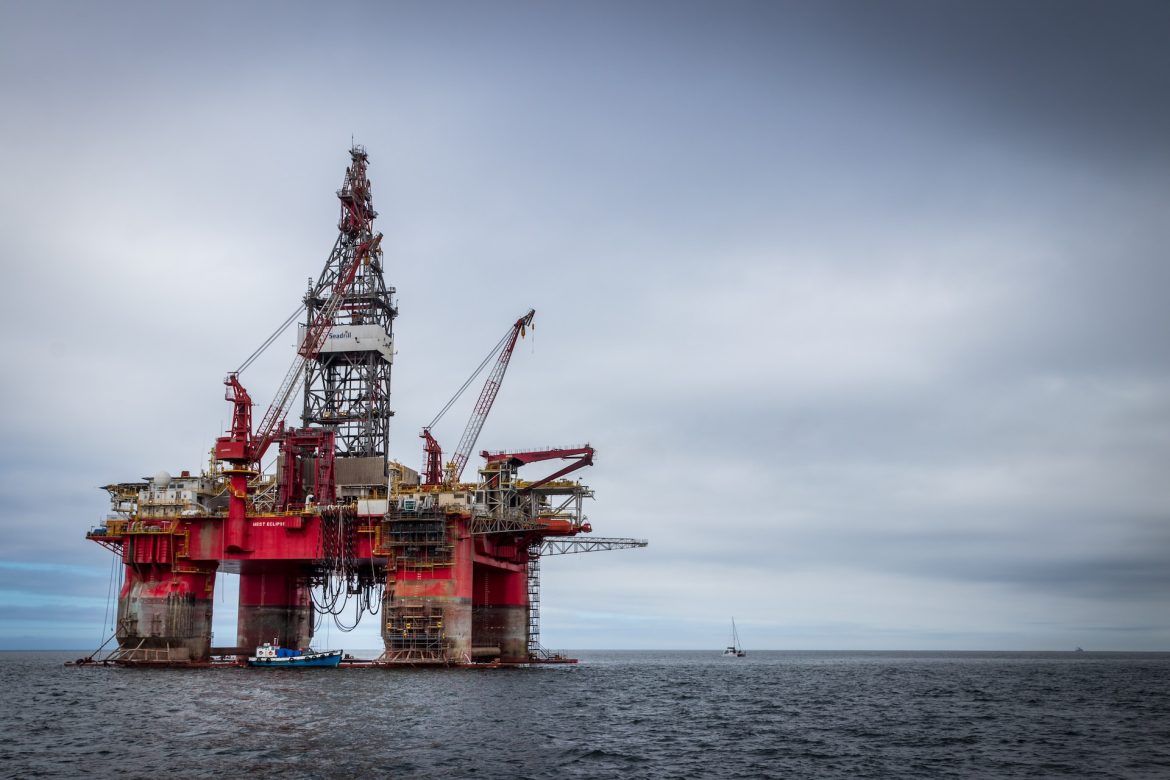Nigeria, Africa’s largest oil producer, has seen a sharp decline in its petrol imports in the second quarter of 2023, following the removal of the controversial fuel subsidy that had drained public coffers for decades.
According to data from the National Bureau of Statistics, the value of petrol imports dropped by 17.5 percent to N1.23 trillion ($2.9 billion) from N1.49 trillion ($3.5 billion) in the first quarter.
President Bola Tinubu announced the subsidy removal on May 29 as part of a series of reforms to revive the country’s ailing economy, battered by low oil prices, insecurity and the COVID-19 pandemic.
The World Bank estimated in June that scrapping the subsidy could save Nigeria up to N11 trillion ($26 billion) in 2023, easing the pressure on the government’s fiscal deficit.
However, the move also led to a surge in pump prices, which deterred consumers and reduced demand. The Nigerian Midstream and Downstream Petroleum Regulatory Authority reported that petrol consumption fell to 52 million litres per day in July from 64.96 million litres per day in the previous months.
The drop in petrol imports from Nigeria has also affected European refiners, who have traditionally supplied most of the country’s fuel needs.
The Organization of the Petroleum Exporting Countries (OPEC) said in its latest monthly report that gasoline exports to West Africa from Europe declined by around 28 percent in August as Nigeria’s fuel demand weakened.
“Gasoline crack spreads in Rotterdam increased, benefitting from exports of gasoline to the US, although gasoline exports to West Africa were reported to have declined by around 28 percent following the fuel subsidy removal in Nigeria,” OPEC said.
Another consequence of the subsidy removal was the reduction of petrol smuggling to neighbouring countries such as the Benin Republic, where fuel prices are higher.
“Pump price hikes in Nigeria have translated into significant increases in the price of smuggled gasoline in Benin (by about 60 percent), exerting pressure on inflation,” Constant Lonkeng, who led an International Monetary Fund team during a visit to Cotonou to assess the economy, said in a statement on Wednesday.
Meanwhile, Nigeria faces the challenge of increasing its domestic refining capacity as global oil prices rise, making petrol imports more costly.
Brent crude, the international benchmark oil price against which Nigeria’s oil is measured, stood at $92.15 per barrel on Wednesday at 3:22 pm Nigerian time, compared to an average of $86.15 per barrel a month ago.
Global oil prices have been boosted by voluntary production cuts by Saudi Arabia and Russia in September 2023, as well as supply disruptions caused by hurricanes and geopolitical tensions.
“The scarcity of dollars has made it difficult for importers of petroleum products to continue further importation. For about two weeks now, the petroleum distribution chain has experienced turbulence,” Joseph Obele, chairman of the Independent Petroleum Marketers Association of Nigeria, Rivers State Chapter, said.
He urged the government to expedite the rehabilitation of the nation’s refineries as planned.
Dolapo Kotun, deputy chairman of the Crude Oil Refinery Owners Association of Nigeria, said: “All (modular refineries) are refining below capacity and making losses daily, as the only feedstock currently available to them is what those that have marginal fields are producing, or what they can buy from indigenous companies around them that have marginal fields.”
He added the authorities had yet to give a framework or process for supplying crude oil to modular refineries.



